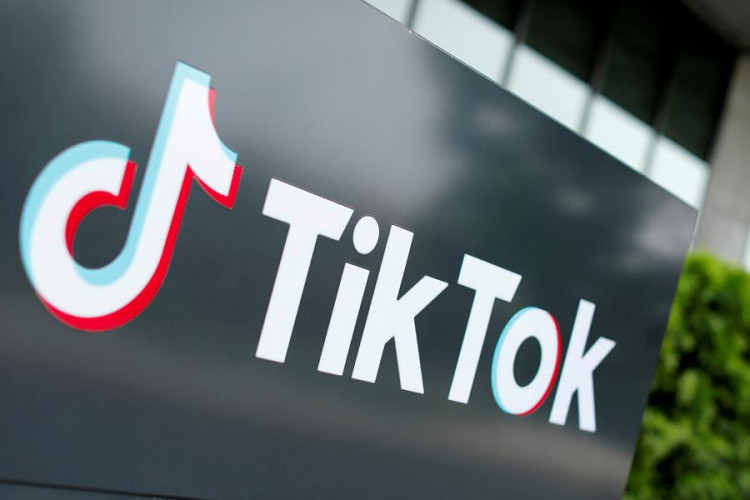The future of TikTok in the United States hangs in the balance as a contentious ban on the popular video-sharing app is set to take effect Sunday. Passed with overwhelming bipartisan support last year and signed into law by President Joe Biden, the legislation requires TikTok's Chinese parent company, ByteDance, to divest from the app or face a nationwide ban. However, as the deadline nears, both political parties appear reluctant to champion the law they once overwhelmingly supported.
On Friday, the Supreme Court upheld the ban, delivering a significant blow to TikTok's legal challenge. In an unsigned opinion, the justices sided with the Biden administration, emphasizing national security concerns over potential Chinese government access to user data. "The platform collects extensive personal information from and about its users," the court stated, adding that ByteDance's control presented a "unique and well-grounded national security risk."
Despite the court's ruling, President-elect Donald Trump, set to take office on Monday, has signaled a different approach. In a post on Truth Social, Trump revealed he had discussed TikTok, trade, and other issues in a recent call with Chinese President Xi Jinping. "It is my expectation that we will solve many problems together, and starting immediately," Trump wrote, hinting at his intention to negotiate a resolution to the TikTok standoff.
ByteDance has resisted selling the platform, effectively calling the U.S. government's bluff. Meanwhile, the Biden administration has deferred enforcement of the ban to the incoming Trump administration. White House Press Secretary Karine Jean-Pierre stated, Implementation of the TikTok law "simply must fall to the next administration."
The lack of political will to enforce the ban underscores the complexity of the issue. Senate Minority Leader Chuck Schumer, D-N.Y., who supported the legislation, advocated for a delay to facilitate a sale. "We can both free the app from any influence and control from the Chinese Communist Party and keep TikTok going," Schumer said, emphasizing the importance of protecting millions of American jobs tied to the platform.
TikTok, which boasts 170 million U.S. users, has become a lightning rod in debates over national security and free speech. Critics argue that the app's algorithm could be manipulated to promote pro-China narratives or sow discord in the U.S., though no concrete evidence has been presented. Supporters of TikTok, including content creators and influencers, warn that banning the app could devastate their livelihoods.
The Supreme Court's decision highlighted the government's focus on data collection rather than content manipulation. "TikTok's scale and susceptibility to foreign adversary control justify differential treatment to address national security concerns," the court wrote. Justice Sonia Sotomayor, in a concurrence, expressed concern over the lack of clarity on how the First Amendment applies to social media platforms, suggesting that TikTok's content curation constitutes protected expressive activity.
The ban's implementation remains uncertain. App stores like Apple and Google could face fines for hosting TikTok after the deadline, while the platform itself has suggested it may "go dark" to comply with the law. Trump, who previously sought to ban TikTok during his first term, has since reversed his stance, crediting the app with boosting youth turnout in the November election. He has invited TikTok CEO Shou Zi Chew to attend his inauguration and pledged to save the app.
Lawmakers are divided on how to proceed. Some, like Sen. Mark Warner, D-Va., praised the court's decision and called for immediate enforcement. "We need to get rid of the Chinese government's ultimate control of this very popular app," Warner said. Others, including Sen. Ed Markey, D-Mass., argued for more time to facilitate a sale, criticizing the rushed legislative process that led to the ban.






